On May 8th 1979, The Cure released their debut album, Three Imaginary Boys. The record was a collection of material from the band’s Malice and Easy Cure days playing at the Rocket as early as 1976 and 1977 (such as “Meathook”), but ultimately well known featuring the classic Cure songs “10:15 Saturday Night,” “Fire in Cairo,” and “Grinding Halt”.
Three Imaginary Boys features the only Cure song not sung by Robert Smith, which is a cover of Jimi Hendrix’s “Foxy Lady”. The vocals in this case provided by original bassist Michael Dempsey (who would go on to join The Associates and then later form Presence with Gary Biddles and Lol Tolhurst).
Three Imaginary Boys did not include any of the singles released by the band at the time, such as their debut single “Killing An Arab”, or “Boy’s Don’t Cry”, and “Jumping Someone Else’s” train. These three songs would later be included on the US compilation album Boy’s Don’t Cry, whose artwork reflects the pictogram from the back of Three Imaginary Boys for the song “Fire in Cairo”.
There was, however, a music video released for the album track “10:15 Saturday Night”, a song which was originally used as a b-side for “Killing An Arab”, that utilized live footage of the band.
The album’s artwork much to the displeasure of the band was insisted upon by their record label Fiction’s boss Chris Parry, featuring a lamb, a fridge, and a vacuum cleaner, alluding to each household object representing a member of the band in interviews with journalists. Of course, according to drummer Lol Tolhurst in his memoir Cured: The Story of Two Imaginary Boys, nobody wanted to be the fridge!
Upon receiving a bad review of the album by Journalist Paul Morley, a writer with a strong associating to Joy Divison, The Cure took to a John Peel Radio Session to rework the song “Grinding Halt”, a song referred to by the NME contributor as “insubstantial froth”, into the biting jab “Desperate Journalist”.
“It’s just that in 1979 people shouldn’t be allowed to get away with things like this, I say!”
Hidden Track: The album infamously a final instrumental called “The Weedy Burton”.

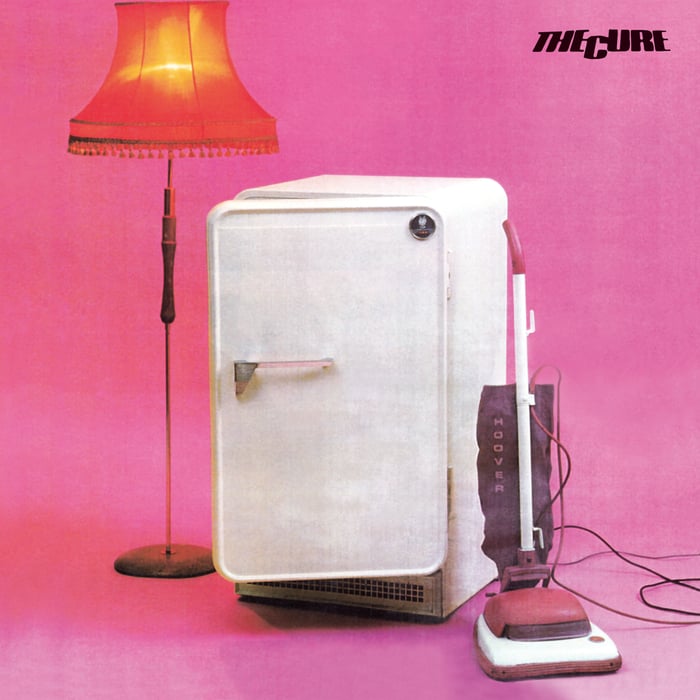







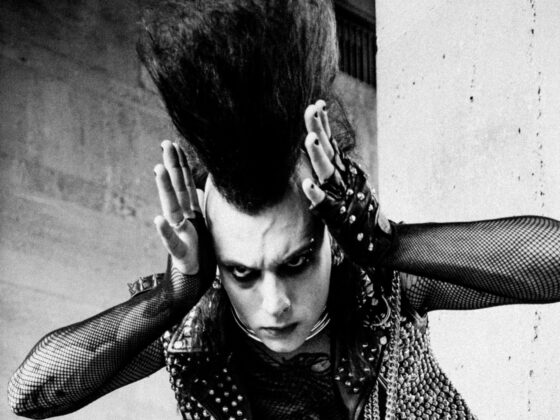
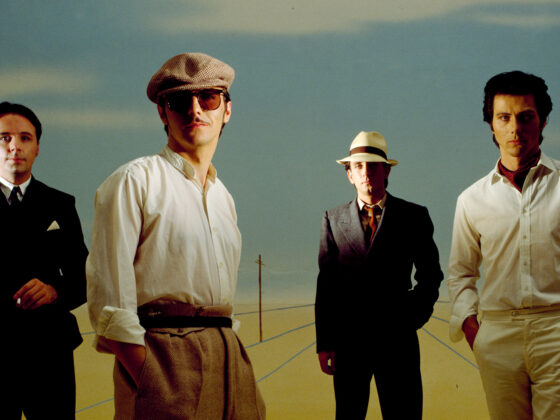
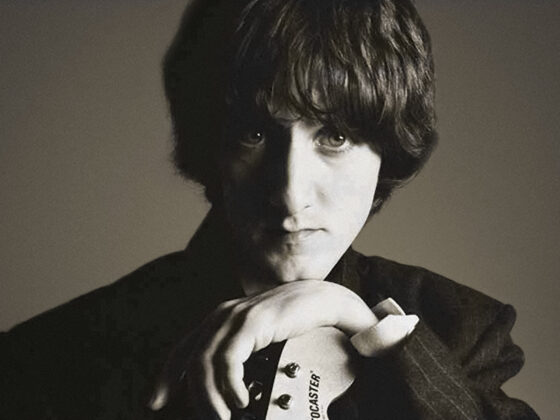
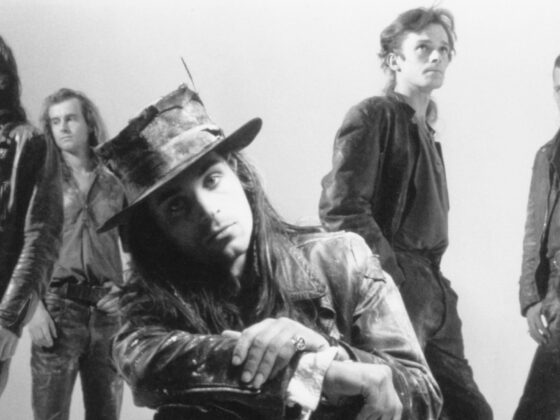

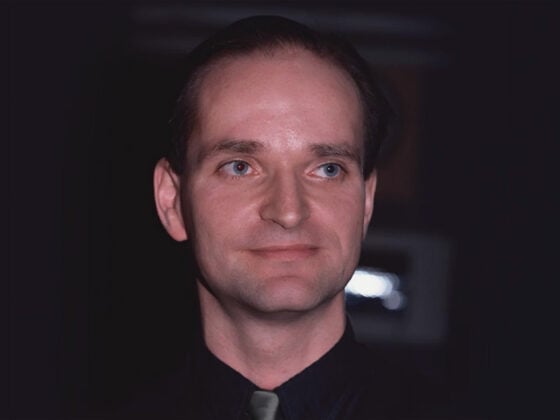

 Or via:
Or via: